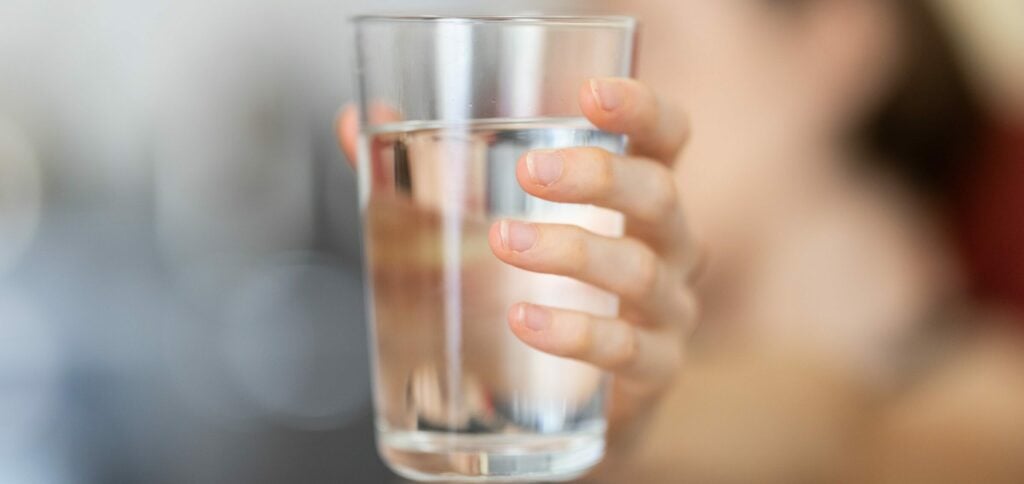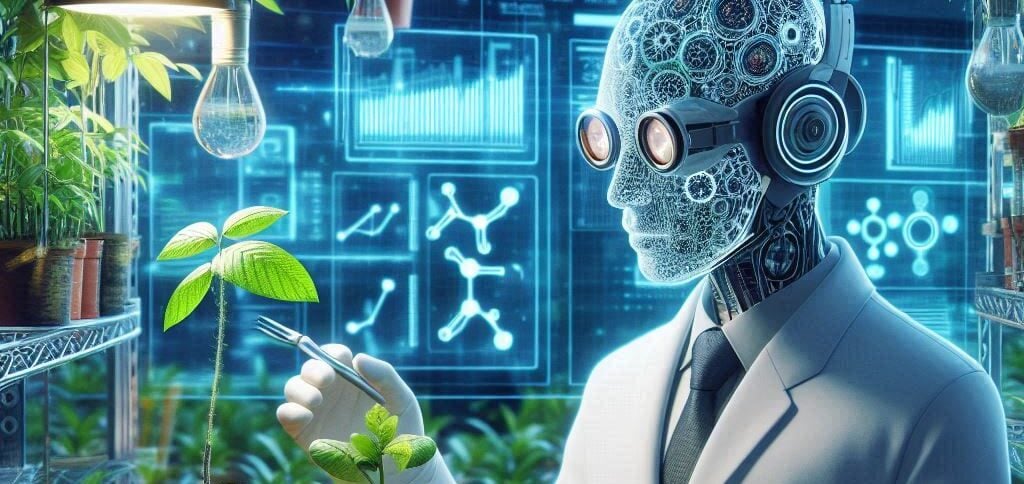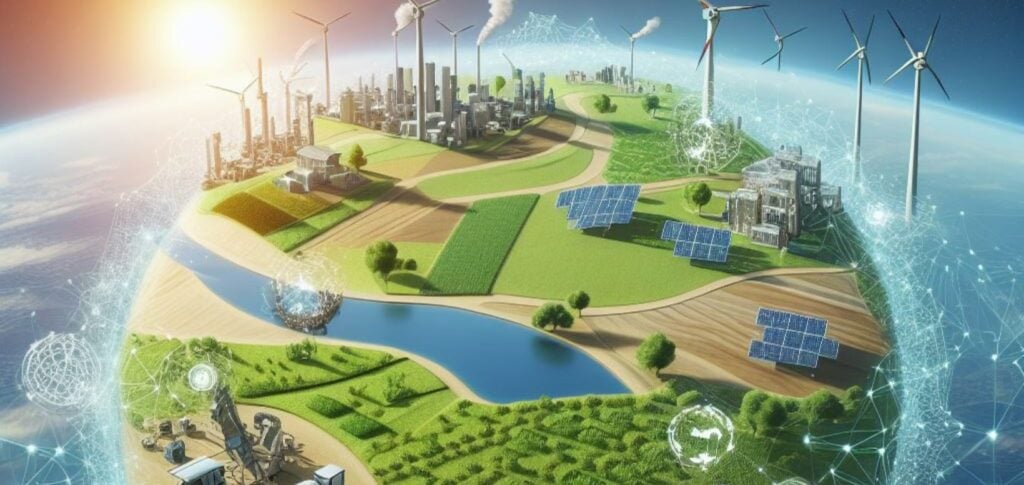Water shortage
This March 22nd, the organization also marks the World Water Day, which this year seeks to debate solutions to the crisis of access and hygiene services, in addition to seeking cooperation on the use and management of the resource to avoid a global crisis.
ADVERTISING
The data released by UNESCO point to a challenging scenario. According to the study, between 2 and 3 billion people suffer from a lack of water for at least one month of the year. This situation poses serious risks to livelihoods, particularly food security and access to electricity.
The survey also warns that the global urban population facing water scarcity is projected to double. In 2016, there were 930 million people suffering from a lack of water. The number is expected to be between 1,7 and 2,4 billion by 2050.
Partnerships and popular participation
Environmental services, such as pollution e biodiversity, are among the recommendations highlighted in the report, alongside opportunities for data sharing and co-funding.
ADVERTISING
The study cites the creation of “water backgrounds”, forms of financing that bring users, such as cities, businesses and utilities, to collectively invest in habitat protection and agricultural land management to improve water quality and quantity.
According to the study, a fund launched in 2013 in the city of Monterrey, Mexico, was responsible for maintaining water quality, reducing flooding and improving infiltration problems, in addition to rehabilitating natural habitats, through co-financing.
Nairobi, Kenya also has a success story with a similar initiative in the Tana-Nairobi river basin, which provides 95% of the capital's fresh water and 50% of the entire country's electricity.
ADVERTISING
UN Conference on Water
A UN Water Conference, which runs until March 24, will cover a range of water-related issues, including an increase in floods, droughts, dry rivers and other extreme changes in water resources linked to climate change.
Many of the discussions should also explore how countries can expand access to clean water, particularly in the poorest communities, and improve sanitation services, which remain inaccessible to many.
UN data shows that one in four people lacks safely managed drinking water in their homes and almost half of the world's population lives in places without adequately managed sanitation.
ADVERTISING
In the event, authorities must build the Water Action Agenda, a series of voluntary commitments designed to help achieve Sustainable Development Goal 6 on access to safe water and sanitation.
The UN Water Conference takes place in the middle of UN Decade of Water Action, a global effort to prevent an imminent water crisis that could cause a 40% deficit in the global supply of the resource by 2030.
(With UN News)
Read also
* The text of this article was partially generated by artificial intelligence tools, state-of-the-art language models that assist in the preparation, review, translation and summarization of texts. Text entries were created by the Curto News and responses from AI tools were used to improve the final content.
It is important to highlight that AI tools are just tools, and the final responsibility for the published content lies with the Curto News. By using these tools responsibly and ethically, our objective is to expand communication possibilities and democratize access to quality information. 🤖
ADVERTISING




